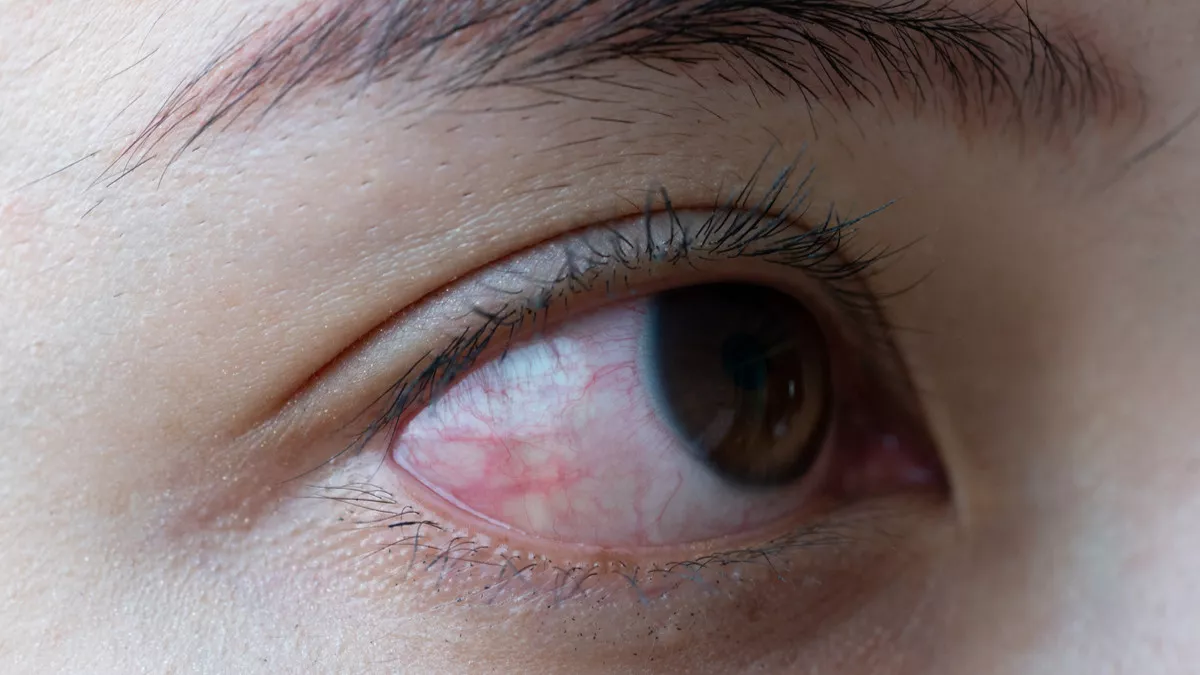
Mahkatop — Retinal detachment is a serious vision problem that commonly occurs in individuals over the age of 40. Retinal detachment happens when the retina, a thin layer at the back of the eye, detaches from its normal position. This condition can cause the sufferer to have difficulty seeing objects clearly.
Symptoms of Retinal Detachment
Common symptoms of retinal detachment include flashes of light or floating spots that move with the eye’s movements. In more severe cases, sufferers may see shadows obstructing their vision. Dr. Gitalisa Andayani, Sp.M (K), an ophthalmologist, explained, “Patients will complain that they cannot see the doctor’s face because it is covered by a shadow. If retinal detachment occurs, the patient must consult an eye doctor immediately.”
Causes of Retinal Detachment
According to the Mayo Clinic, common causes of retinal detachment include aging, which causes the vitreous gel (the clear gel that fills the space between the eye’s lens and retina) to shrink or change texture, leading to retinal tears. Other risk factors include eye injuries, diabetic retinopathy, macular degeneration, eye tumors, and hypertension. Dr. Gita also noted that individuals with high myopia (minus 6 and above) are at a higher risk of experiencing this condition. “However, cases of retinal detachment are also found in people with lower myopia,” she added.
Prevention of Retinal Detachment
Preventing retinal detachment can be achieved through several simple steps. Dr. Gita recommends regular eye examinations from an early age. Eye examinations can start in preschool children to detect abnormalities such as strabismus or high myopia. For teenagers and adults, examinations should be conducted every one or two years.
“However, we need to check our eyes more frequently after the age of 40. At this age, we may need reading glasses and are at risk for conditions such as cataracts. If we have risk factors such as diabetes, we should have our eyes examined more regularly, at least once a year,” said Dr. Gita.
In addition to regular examinations, consuming nutritious foods that are good for the eyes, such as vegetables and fruits rich in minerals, is also recommended. Avoid direct exposure to ultraviolet light and reduce the habit of rubbing or scratching the eyes to prevent corneal injuries.
Treatment of Retinal Detachment
If someone has already experienced retinal detachment, they should be referred to a hospital immediately for appropriate treatment. Measures that can be taken include retinal laser therapy for less severe conditions. However, if the retina is already torn, surgery may be necessary to repair the damage.
With proper prevention and early treatment, the risk of serious complications from retinal detachment can be minimized, maintaining optimal vision health throughout life.(*)







